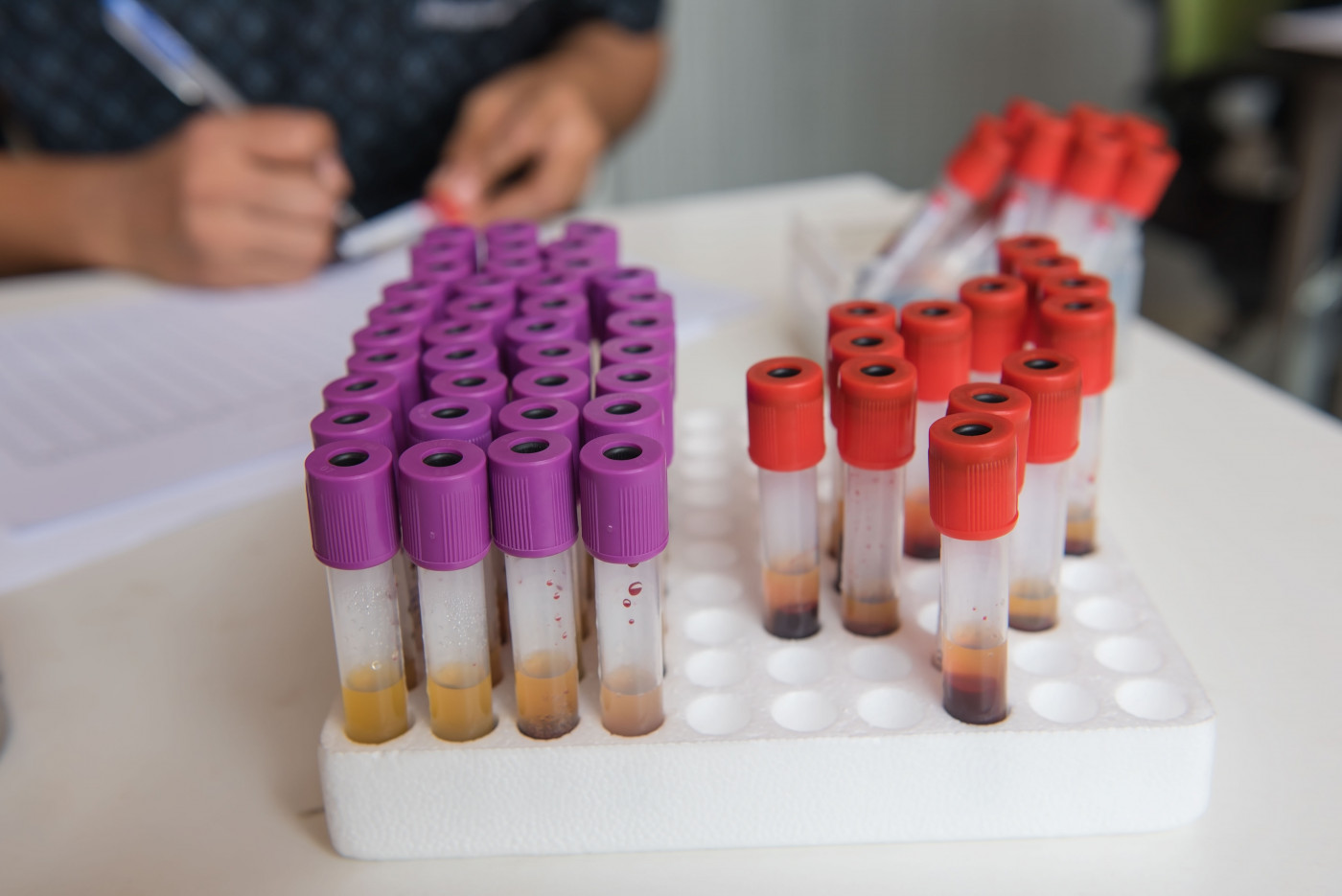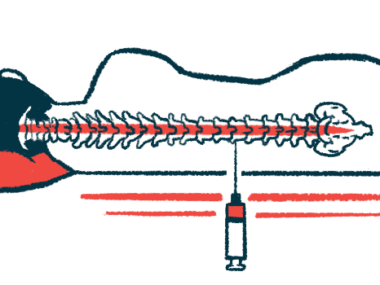Canadian Researchers Receive Funding to Develop New Test to Track SMA Progression
Written by |

Researchers at The Ottawa Hospital in Canada have received $150,000 from Cure SMA to develop new ways of monitoring spinal muscular atrophy (SMA) using a noninvasive blood test.
The team, led by Robin Parks, PhD, intends to use tiny bits of cells called exosomes to develop ways of tracking SMA progression and how patients respond to treatment. Parks is a senior scientist in the regenerative medicine program at Ottawa Hospital Research Institute and the director of PhD research in the department of medicine at The Ottawa Hospital, as well as a professor at the University of Ottawa.
SMA occurs in about 1 in 10,000 live births and is considered the most common cause of death by a genetic disease in newborns. It’s caused by a deficiency of a protein known as the survival motor neuron (SMN) protein.
Several experimental therapies are currently under investigation for the treatment of SMA. And Spinraza (nusinersen), a medication that acts by increasing the body’s ability to produce SMN proteins, has already been approved by the United States Food and Drug Administration, Health Canada, and the European Union for the disease.
Research suggests that the earlier a treatment is delivered, the more effective it will be. However, there is not yet a test that can measure how a patient is responding to these therapies, a particularly difficult task in young babies, which Parks and his team are hoping to address.
Exosomes are small vesicles (about 30-100 nanometers in diameter) released by cells, which can serve several purposes, including cell-to-cell communication. Since exosomes can spread and distribute various molecules among cells, they have been implicated in the development of diseases, including SMA.
A previous study by Parks’ team, published in Scientific Reports, revealed that the levels of SMN proteins in exosomes found in the blood were lower in both an SMA mouse model and an SMA type 3 patient, compared with healthy controls.
Results of this study indicate that SMN levels in exosomes could be used as a biomarker for SMA progression.
The new research, which builds on this previous work, will be conducted in collaboration with Children’s Hospital of Eastern Ontario (CHEO) and the University of Missouri.



